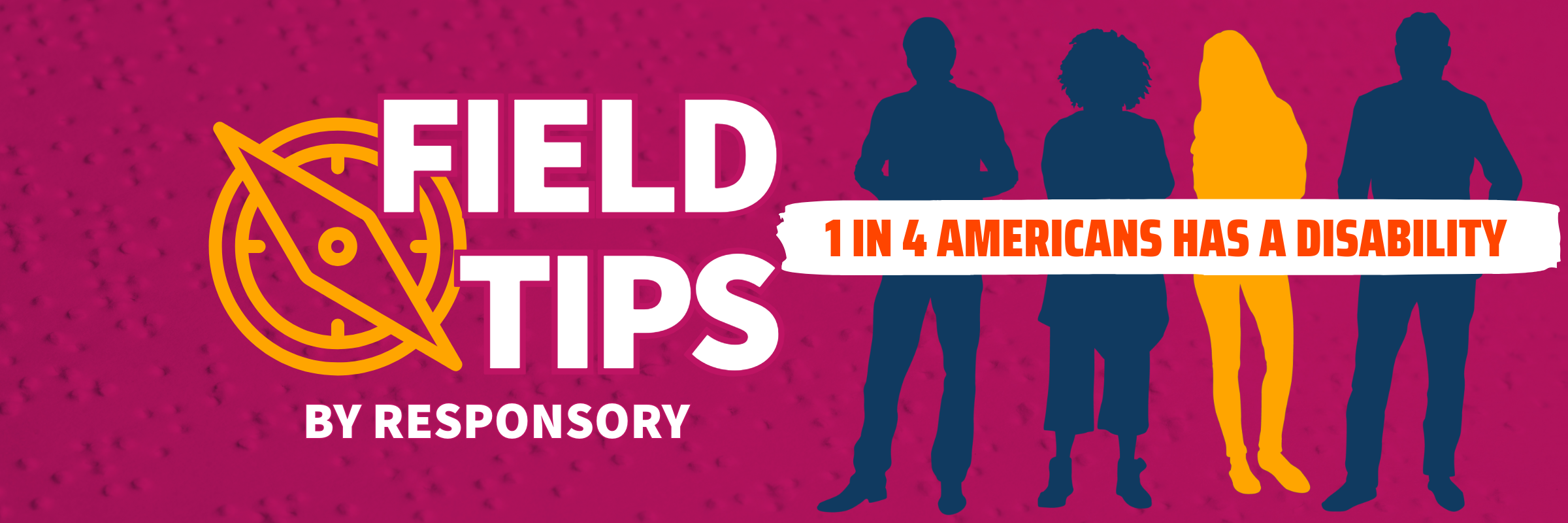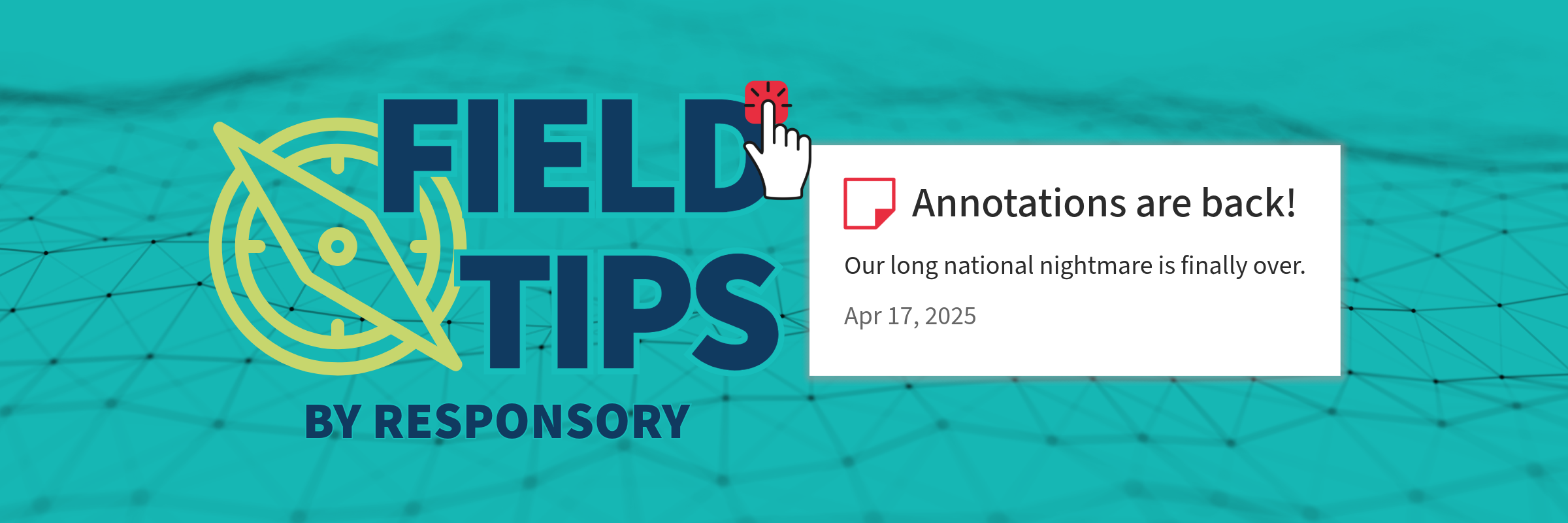Blog
Here’s what’s happening…
Responsory Earns Yelp Advertising Partner Status
Looking to get in front of more local customers right when they’re ready to act? Responsory is now a Yelp Advertising Partner, and that means better tools, better targeting and better results for your business.
READ MORE ›The Ultimate Glossary of Digital Marketing Terms & Definitions
Confused by CTRs, CPCs and ROI? This glossary demystifies digital marketing metrics so you can measure what really matters.
Communicating Tariff or Inflation-Driven Price Changes
Prices going up? Learn how to talk to customers, retain trust and turn price increases into loyalty-building moments — no matter what’s driving the cost.
FDA Changes Demand Specialized Pharma Marketing Partners
FDA cuts have upended pharma ad reviews and enforcement. Discover why the right agency partner can help you stay compliant and get ahead.
Mastering GEO: What Is Generative Engine Optimization?
Is Generative Engine Optimization (GEO) the future of SEO? Learn how to optimize for AI-powered search tools like ChatGPT and Google Gemini to boost your online visibility.
Clarity, Confidence and Control: Why Marketing Budget Discussions Matter [Blog + Infographic]
Budget talks can feel awkward, but they’re the key to marketing success. Learn how the clarity, confidence and control they provide transform your campaign performance.
The Benefits of a Small Pharma Marketing Agency
For pharma marketers who are worried about getting lost in the Omnicom-IPG merger shuffle, smaller boutique agencies can make a big impact.
Generative AI Prompts to Streamline Workflows and Boost Creativity
At Responsory, we’ve integrated AI into our workflows to save time, enhance creativity and optimize results. Curious about how it can do the same for your business? Read on to discover how we use AI prompts to streamline tasks, supercharge SEO and boost creativity.
Finding a Pharmaceutical Marketing Agency [Podcast + Blog]
Discover key traits pharma brands should seek in a marketing partner to drive results—industry expertise, regulatory knowledge and innovative strategies tailored to their unique needs.
The Role of Data Science in Marketing
From personalizing messages and understanding your audience, explore how our team uses insights gained from big data to craft more effective, more efficient and just plain better marketing strategies.
Native Advertising for Pharmaceutical Brands
So you want to engage audiences, build trust and overcome ad fatigue? Try native advertising! See why we think native ads are a great addition to any pharmaceutical marketing strategy.
Quantitative vs. Qualitative Market Research
Which research method best suits your marketing objectives? Choose wisely and you’ll leave two-thirds of your competition behind!
Why Does Customer-Centric Messaging Matter?
Learn how customer-centric messaging can help you find points of differentiation your customers will notice.
Marketing Made Simple: Subscribe to Field Tips
Field Tips is our bi-weekly newsletter created specifically for busy marketing professionals. Each issue delivers actionable marketing tips and simplifies industry news, trends and insights—explaining what’s happening and why it matters. Subscribe to Field Tips today and stay ahead of the curve.





















